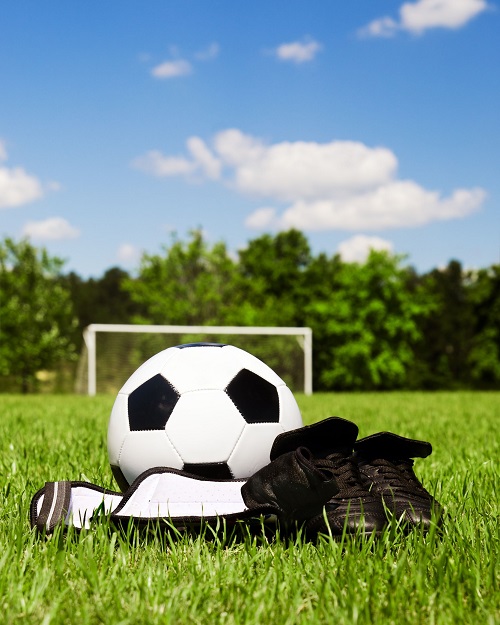This test is run by .
Note that your final mark will not be saved in the system.
Note that your final mark will not be saved in the system.
3.2.4.1 Concepts of physical activity and sport Typeit
Target Level
C
Running Total
0
0%
Attempt
1 of 3
Type the correct answers into the spaces. Fill all the spaces before clicking ‘Check Answers!’

The base of the sporting development continuum involves the foundation and participation stages that introduce an individual to sport. There are a number of key concepts that relate to these introductory levels, each of which has its own distinct characteristics and functions – yet all the concepts possess a number of similarities.
| Physical recreation involves the activities that are played in one’s time. These are voluntary, non-competitive activities that are primarily used to attain rewards such as enjoyment, while also improving health and fitness. It involves rules that are self-officiated by the participants. |
| Sport differs from physical recreation in that it is organised, competitive and officiated by qualified officials. It is physically demanding, resulting in the development of many physical health benefits, while developing social and emotional aspects of health too. rewards are also involved in sport as the main goal is often to win, although intrinsic rewards can be gained simultaneously. Specific skills are needed and are developed through regular practice, with qualified providing the relevant training. |
| Physical Education is a compulsory subject taught in schools, and is included within the . Designated lessons within the week are taught by qualified . These lessons help to develop the motor skills of the students, offering them a range of sports and activities to be physically active in. |
| School sport, as the name suggests, is sport which is played only at school. It differs from Physical Education in that it is non-compulsory, taking the form of sports teams that compete in afterschool fixtures against other schools. Similarly to Physical Education, school sports teams are coached by a teacher at the school, who doesn't necessarily have to be qualified in that specific sport. |